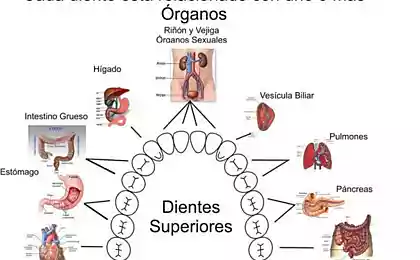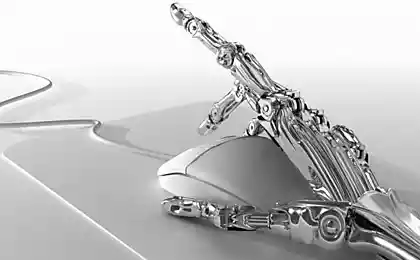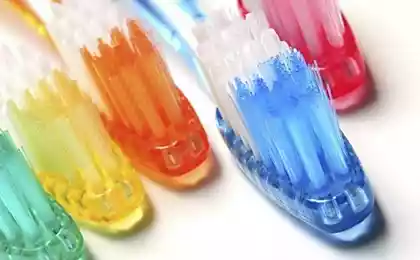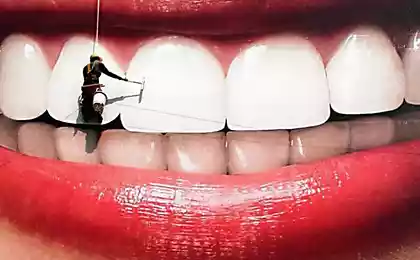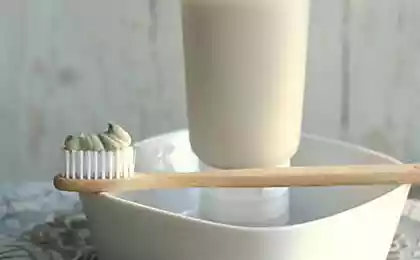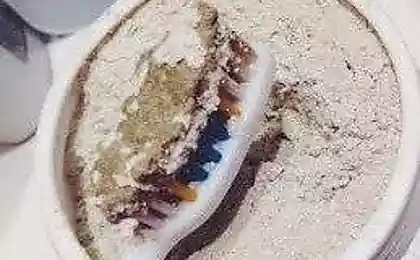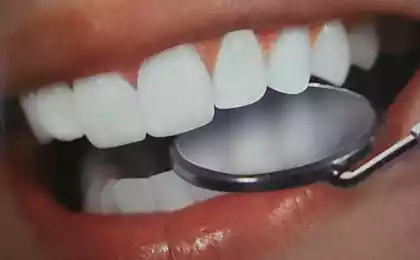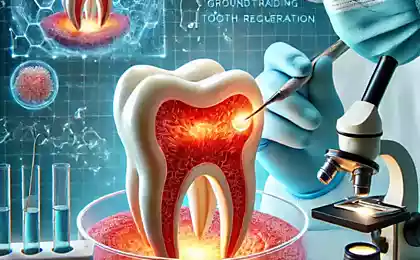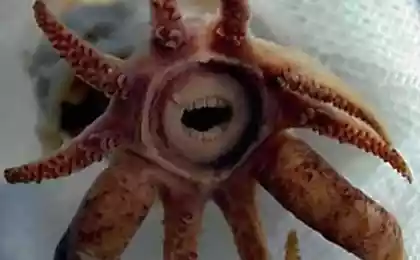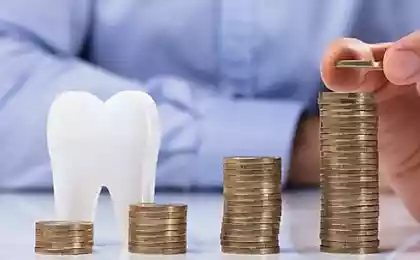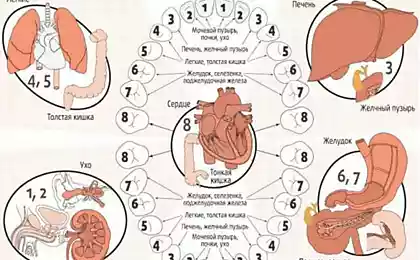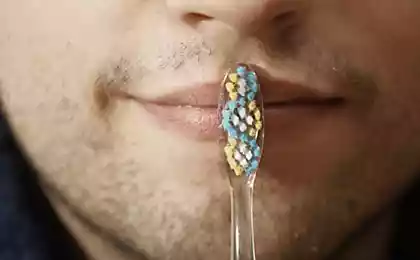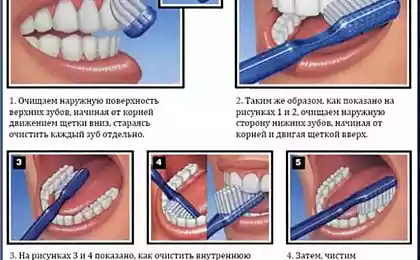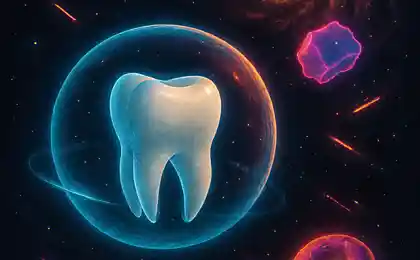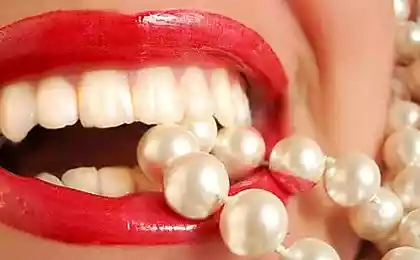425
Nanotechnology in dentistry. Diamond smile
Not everyone knows that dental implants have a "shelf life", which on average is 5 to 10 years. Only some of them can serve its owner longer. Although manufacturers give a lifetime warranty on your product, do not think that implants will help You to avoid future visits to the dentist.
The duration of the life of the implant depends on the mechanical strength, quality of titanium and its physical properties, microstructure of the implant, the strength of the individual components and the reliability of their connection. Great influence has also the quality of manufacturing and installation of crowns, which ensures the possibility of correct hygiene. There are clinical observations, proving that a well-installed quality implant with proper hygiene can last for at least 25 years.
Today to extend the life of implantaton use diamonds. Technology belongs to the group of scientists of the School of Dentistry at the University of California.
Nano-diamonds of this by-product obtained during drilling and blasting in the mountains and in the purification of ore. Their size is only 4-5 nanometers, and they look like tiny soccer balls.
The uniqueness of this method is that nano-diamonds is able to provide dental implants special strength. In addition, they promote the growth of bone tissue is made to resist osteonecrosis (a disease in which due to the violation of the blood supply begin to break down bone). The results of his research scientists published in the journal of Dental Research.
In the course of the ordinary procedure for recovery of bone tissue, the doctor makes nazret, which puts a special sponge with proteins that stimulate bone growth proteins. However, the researchers argue that by using nano-diamonds for the delivery of the growth factors bone can become more effective. Due to the unique properties of the surface the process of releasing proteins was slower, with the result that doctors have a more durable fabric.
This discovery could be the basis for the use of nanotechnology in dentistry and orthopedics, as well as other areas of medicine. Nano-diamonds have the potential for successful use in dental surgery, orthopedic and maxillo-facial surgery, restorative medicine.
Source: estet-portal.com
The duration of the life of the implant depends on the mechanical strength, quality of titanium and its physical properties, microstructure of the implant, the strength of the individual components and the reliability of their connection. Great influence has also the quality of manufacturing and installation of crowns, which ensures the possibility of correct hygiene. There are clinical observations, proving that a well-installed quality implant with proper hygiene can last for at least 25 years.
Today to extend the life of implantaton use diamonds. Technology belongs to the group of scientists of the School of Dentistry at the University of California.
Nano-diamonds of this by-product obtained during drilling and blasting in the mountains and in the purification of ore. Their size is only 4-5 nanometers, and they look like tiny soccer balls.
The uniqueness of this method is that nano-diamonds is able to provide dental implants special strength. In addition, they promote the growth of bone tissue is made to resist osteonecrosis (a disease in which due to the violation of the blood supply begin to break down bone). The results of his research scientists published in the journal of Dental Research.
In the course of the ordinary procedure for recovery of bone tissue, the doctor makes nazret, which puts a special sponge with proteins that stimulate bone growth proteins. However, the researchers argue that by using nano-diamonds for the delivery of the growth factors bone can become more effective. Due to the unique properties of the surface the process of releasing proteins was slower, with the result that doctors have a more durable fabric.
This discovery could be the basis for the use of nanotechnology in dentistry and orthopedics, as well as other areas of medicine. Nano-diamonds have the potential for successful use in dental surgery, orthopedic and maxillo-facial surgery, restorative medicine.
Source: estet-portal.com





